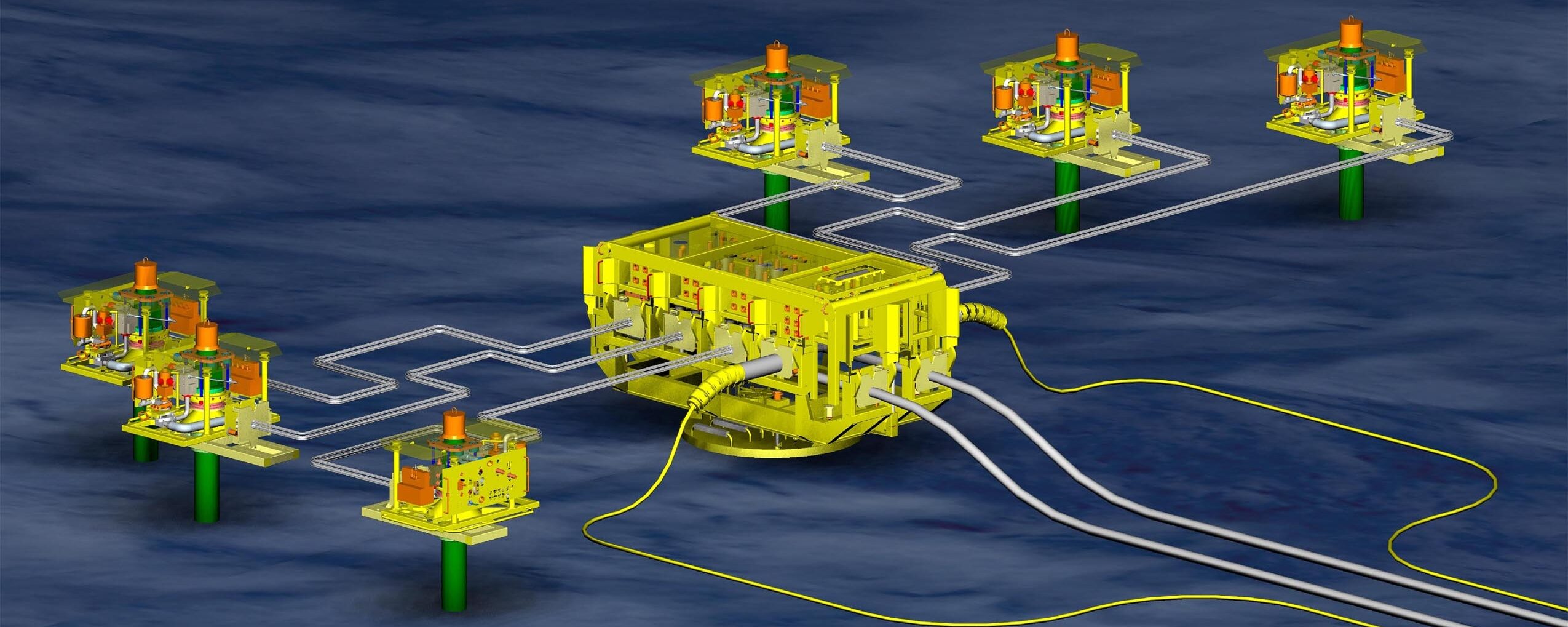Firstly, happy new year to you all. We are all hoping that the chaos that engulfed the world – and the UK in particular – last year will have come to an end, for all our sakes.
Towards the end of last year, when I was only paying attention with one eye, I espied an article in one of the online energy newsletters in which various people, but notably oil and gas executives, were dissing the idea of nuclear fusion as an answer to the world’s energy needs. This, of course, came in response to the announcement out of the US in December that nuclear physicists had finally achieved, albeit only once and in a small experiment, the longtime goal to produce more energy from the fusing of atoms than was required to undertake the operation. Just to explain what this technology is, go outside and stand in the sun and you will experience the effect of nuclear fusion. Sorry if it is raining or snowing where you are.
What I am amazed at is the lack of vision that such comment reveals. Technology has driven forward the progress that took the world from the horse and cart to the internal combustion engine to electric cars. It took us from the abacus to the handheld calculator to mainframe computers capable of trillions of actions per second. It took us from the stylus and papyrus to Gutenberg and the first printed books to the typewriter and word processors and now mobile phones that can send messages around the world in seconds. And more and more….
No one who knows anything about technological advances would suggest for a moment that nuclear fusion will save the world tomorrow or next year or in 50 years. According to a physicist who I spoke to just before New Year’s, it will be a lengthy and laborious process and will require the spending of billions or trillions of dollars to simply reproduce the results of this experiment. But if science can produce energy for the world without consuming its now limited resources, how can that be a bad thing?
And look what technology has done for the hydrocarbon sector. It took the industry from the lands of Pennsylvania to the Arctic and the deep waters of the world. It allowed production from wells sitting more than 2,000m below the surface of the sea with processing units that are not piled into the seabottom, but floating on the surface of the sea with robots – of course I mean rovs, but trying to be a bit generic – being used to maintain and monitor equipment in such deep waters. This equipment can now include pumps, compressors and separators that folks just 30 years ago could only talk about installing on the seabed.
Unfortunately such views only make those in the hydrocarbon industry who seem to attack anyone who is offering alternative opinions and technologies, eg environmentalists, renewable energy companies and now physicists, look like the enemy who only want to secure their positions. I will remind you of the Big Oil v the World documentary aired last year in which ExxonMobil was shown to have known about the harm of fossil fuels based on work by its own researchers and then disbanded said research team that was looking into alternatives.
I have recently been accused of being anti-oil industry, essentially gamekeeper turned poacher. Definitely not the case. The world would have to stop in its tracks if there were no hydrocarbons. The reality, though, is that if the world had embarked on the energy transition with net-zero ambitions 20 years ago, we would be in a much better place now and not be worrying about global warming and the concomitant effects. So if ExMob had not buried what its people had learned, we would not be in the current position.
So we need experimentation into nuclear fusion just like we needed Henry Ford, Alan Turing, Bill Gates, et al. We need to keep moving forward, not looking backwards.




